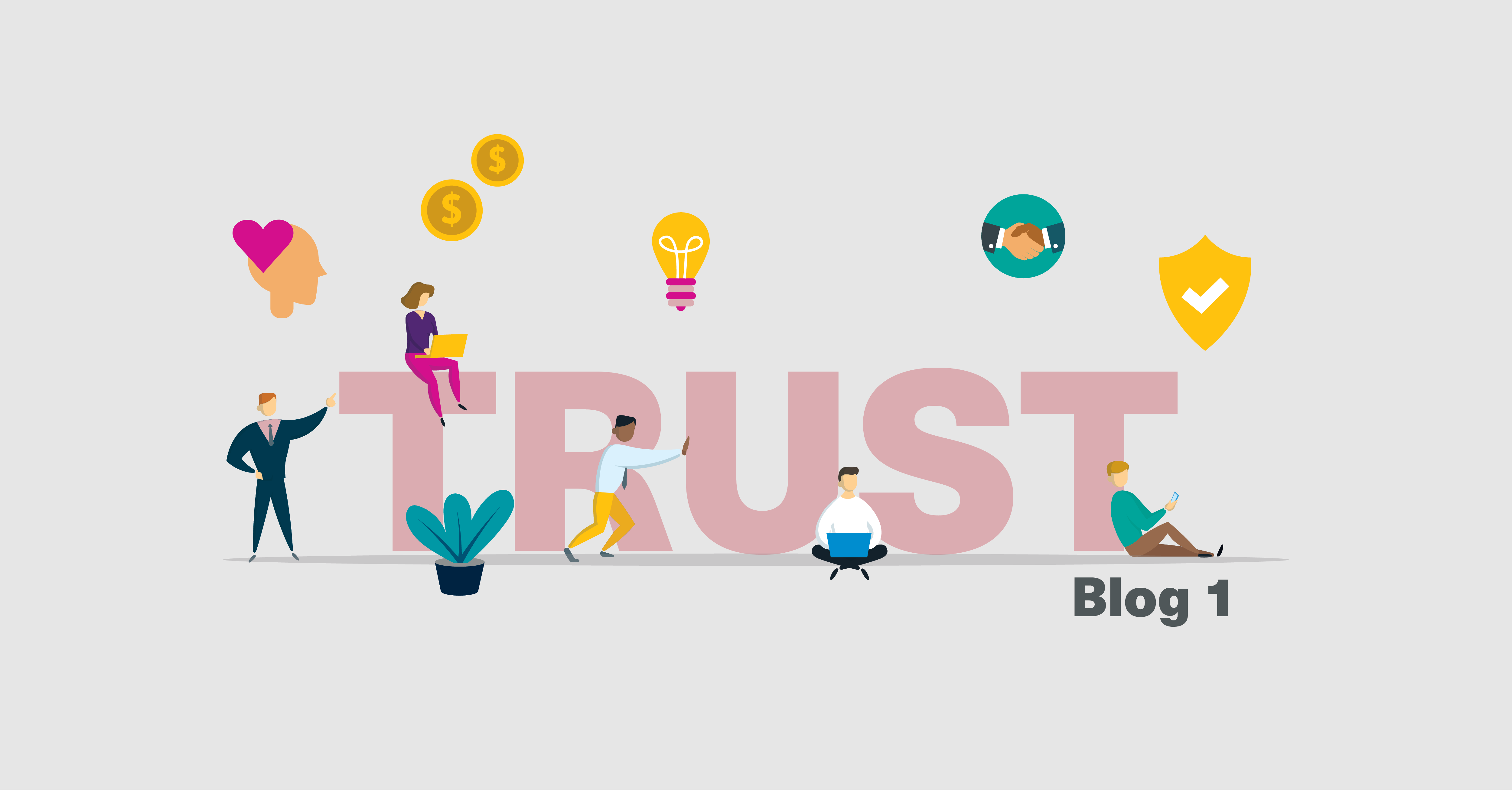How organisations can respond to the Trust crisis
Trust series #1 - Understanding what trust means for your organisation why it’s important

bookmark_star Highlights
Our unwavering belief and trust in brands is being shaken – trust is in crisis, and trust is critical. It is central to every aspect of our lives – families, friendships, work, health care, banking, insurance, transport, construction, technology. When we interact with a company or business, we are essentially placing some element of trust in them, and what a company does with this trust is critical to how we perceive them.
This blog is part of a four part series where we look into what trust means for multiple industries and brands. Our point of view has been developed over qualitative research with consumers, which will be brought to life across the series.
In line with recent events, the assumed obligations and ethical foundations of trust are being tested like never before. Recent scandals like the Hayne Royal Commission into banking and finance, the case of Facebook and Cambridge Analytica, and a continual stream of corporate and digital data breaches (over 4.1 billion records are estimated to have been exposed in the first half of 2019 alone [Forbes, 2019]) are eroding Australians’ trust in brands.
Our clients are registering this public awareness too, but they are often unsure of what action to take given trust is a broad and nebulous concept. Whilst trust can be described as a firm belief in the reliability, truth, or ability of someone or something, it can be difficult to articulate it in different contexts or industries.
However, with Australia’s level of trust at an all-time low (Edelman 2019), the notion of trust can no longer remain too abstract for businesses to tackle. Businesses, both tarnished and untarnished, must take targeted action in order to survive or thrive in today’s shaky climate of trust.
Why is trust important?
Put simply, trust is a critical element in a customer’s choice to interact or do business with your brand. It is dynamic and relative; it is something you cannot buy, but must be earned over time and demonstrated through action. Every interaction is an opportunity to demonstrate and build trust with your customer. They need to know that you have their best interests at heart over any type of monetary gain, and that any exchange in data or information is handled carefully and not abused.
Betrayals of trust have major financial consequences. In 2018 the Economist studied eight of the largest recent business scandals, comparing the companies involved with their peer groups, and found that they had forfeited significant amounts of value. The median firm was worth 30% less than it would have been valued had it not experienced a scandal. That same year another study, by IBM Security and Ponemon Institute, put the average cost of a data breach at $3.86 million, a 6.4% increase over the year before, and calculated that on average each stolen record cost a company $148 [Harvard Business Review].
In July 2018, Deloitte released research into the Australian financial services industry, where they’d surveyed over 1,000 Australian consumers. The report revealed that 47% of customers did not trust their own financial services provider. However, the most alarming indication of customer distrust was that 23% of those surveyed said they would consider switching to financial services provided by an airline carrier such as Qantas or Virgin Australia. This insight not only shows how far the finance industry has fallen in the eyes of its customers but also how important trust is. What’s more, individuals are considering airline carriers as a viable alternative for financial services [Smart Company/Deloitte].
How do you build consumer trust?
In our view, organisations can begin to address their own trust gap by understanding the elements that underpin it and the reasons why existing and prospective customers act the way they do.
Because the notion of trust can often feel mysterious and elusive, we have developed a model that better enables companies to identify opportunities that recapture trust. In line with academic research, our model identifies elements that have been proven to make or break consumer trust.

Over the last few months, we have been using qualitative research to validate this model across a range of industries, specifically banking and financial services, insurance, and technology. We spoke to consumers about their perceptions of trust, and what exactly was contributing to these perceptions.
We found that consumers have been affected by controversies in different ways, as illustrated in the following personas:
.png)
We’ve seen some common themes across the industries: whilst disgruntled customers that have lost trust are at risk of switching providers, these customers often feel trapped by the practical and social necessities of these brands. They feel powerless to change their situation, leading to the worst outcome of all – disengaged customers who resent your brand and become detractors. We also found that trust is mostly broken in cases where people have a direct negative experience, as it is far more powerful than hearing others’ stories.

As we will reveal in our upcoming blog posts, we’ve seen customers across those industries apply different weightings to each element of trust, as well as the overwhelming need for organisations to tailor their actions accordingly. In our next blog, we’ll talk more specifically around trust in the banking and financial services, followed by trust in the insurance space, and lastly trust in the digital space.
Published
24 October 2019
Written by
Keep reading
Ready to transform your customer experience?
Speak directly with our team of experts to explore your challenges, opportunities and needs.









